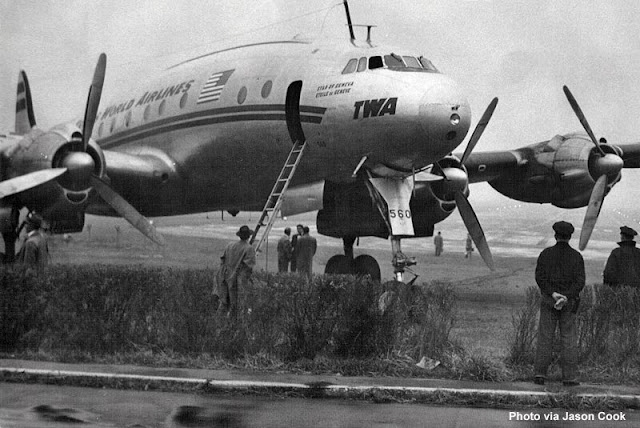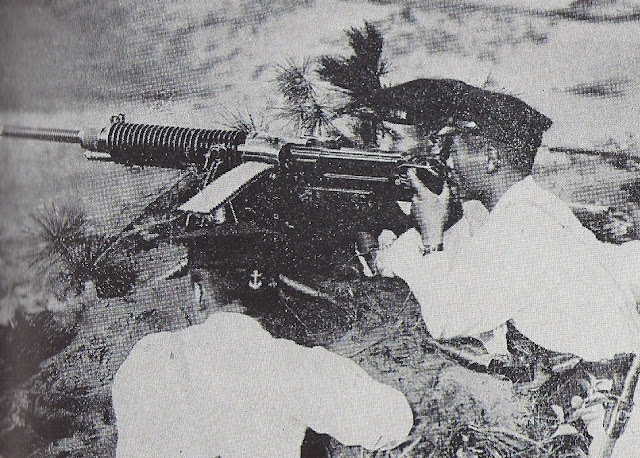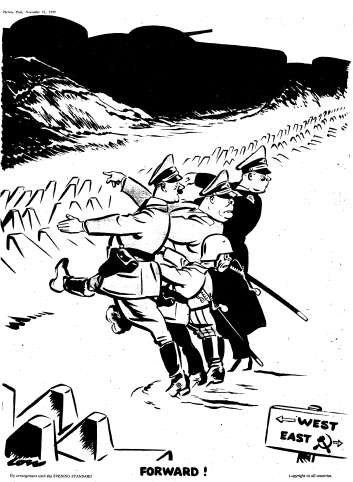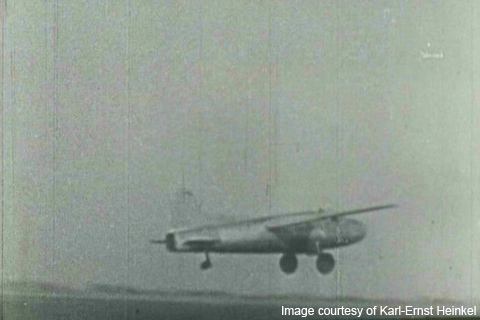Monday 6 May 1940
 |
| French troops in the Narvik sector, 1940. |
Norway Army Operations: With the Germans in control of all of Norway south of Trondheim, the Allies are massing strength around the vital transit hub Narvik. The South Wales Borderers (part of British 24th Brigade) are assembling five miles to the west, and the French Chasseurs Alpins and Colonial artillery troops continue to try to force their way through Labergdal Pass to the north, across the fjord. Getting into position on the opposite shore would provide prime artillery positioning for the Allies, so the pass must be held if the Germans are to hold the town.
Colonel-General Dietl in Narvik is sitting tight in Narvik. It is a small port whose only value is the rail line to Swedish ore mines. While easily defensible due to the towering mountain ranges on all sides, Dietl's regiment does not have the manpower to hold off a determined assault from all directions.
The Wehrmacht high command (particularly Hitler) is well aware that General Dietl's regiment is in trouble. The German 2d Mountain (Gebirgsjäger ) Division continues marching north from Trondheim across snow-covered mountain roads to help Dietl. It remains far away. Sea transport is out of the question due to British naval dominance.
Norway Naval Operations: Allied supply convoys reach Harstad and Tromso, jumping-off points for an attack on Narvik. The French 13th Demi-Brigade Legion Etrangere arrives at Harstad.
The Kriegsmarine is sending reinforcements to Norway across the Skagerrak and is somewhat careless about possible Allied interference. British submarine HMS Sealion sees two transport ships, Moltkefels and Neidenfels, at 14:00. Sealion fires six torpedoes at them but all miss.
In addition, HMS Snapper sees German armed merchant cruiser Widder, which left port on 5 May for its raid, about 30 miles east of Denmark around 15:25. Snapper fires two torpedoes - and both miss.
Norway Air Operations: While the British control the sea around Narvik, the Germans increasingly control the skies. Today, the Luftwaffe attacks part of the British fleet sitting nearby, with one bomb just missing cruiser HMS Enterprise, causing some damage and killing a Marine.
The Luftwaffe can operate from Værnes Air Station near Trondheim, which is rapidly upgraded to handle large forces, and also Hattfjelldal Airfield in Hattfjelldal, Norway. While not very close to Narvik, their planes outmatch anything that the British can put in the air over the isolated port.
Western Front: Hitler's Wehrmacht is silently moving over 90 divisions into launching points for the invasion of the Low Countries and France. Meanwhile, the Allies are focused on the sideshow in Narvik. The Germans, incidentally, are preparing more divisions for combat operations than the United States fielded at any point in World War II.
Belgian reconnaissance notices a large Wehrmacht Armoured column moving west through the Ardennes. It is part of General von Rundstedt's force for Fall Gelb.
Battle of the Atlantic: The HMS Seal, captured by the Wehrmacht on 5 May, is gone but not forgotten. During its patrol, it released some 50 mines. Today, German cargo ship Vogesen hits one and sinks.
British freighter Brighton hits a mine and sinks near Dunkirk.
Convoy OA 143GF departs from Southend, Convoy OB 143 departs from Liverpool.
British corvette HMS Calendula (Lt. Commander Alan D. Bruford) is commissioned.
Minesweeping trawler HMS Ash (George A. Harrison) is commissioned.
Italian Battleship Vittorio is completed.
European Air Operations: RAF bomber command sends a dozen aircraft on minelaying operations during the night.
Vatican: The Vatican has been acting as a clearinghouse for off-and-on behind the scenes peace negotiations with Wehrmacht dissidents and thus has good sources. The Pope has been trying to get the word out that the Germans are preparing to attack. He faces massive Allied indifference or disbelief. The Pope tells Princess of Italy Marie José, the wife of the Italian Crown Prince, that Germany is about to attack the Low Countries. The Princess informs her brother, King Leopold of Belgium. Unfortunately, there have been several false alarms that have greatly embarrassed the Belgians and cost some highly placed officials their jobs, so one more alarm does not create as much excitement as it otherwise might.
Olympics: The International Olympics makes formal a decision that has been obvious for some time, canceling the 1940 Summer Olympics - the winter Games already having been canceled.
China: At the Battle of Tsaoyang-Ichang, the Japanese 11th Army captures Fengyao and Changchiachi.
British Homefront: The government releases employment figures showing that unemployment is at its lowest level in 20 years.
American Homefront: John Steinbeck wins the Pulitzer Prize for "The Grapes of Wrath," which already has been turned into a classic Hollywood film starring Henry Fonda.
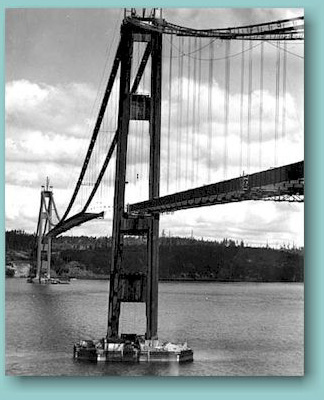 |
| Tacoma Narrows Bridge nearing completion, May 6, 1940. James Bashford Press Photos. PH Coll. 290.9 University of Washington Libraries. Special Collections Division. The bridge opened in July 1940. |
May 1940
May 1, 1940: British Leave ÅndalsnesMay 2, 1940: British Depart Namsos
May 3, 1940: Many Norwegians Surrendering
May 4, 1940: Bader Returns
May 5, 1940: HMS Seal Survives
May 6, 1940: Allies Focus on Narvik
May 7, 1940: In The Name of God, Go!
May 8, 1940: Exit Chamberlain
May 9, 1940: Enter Churchill
May 10, 1940: Fall Gelb
May 11, 1940: Eben Emael Surrenders
May 12, 1940: Germans at Sedan
May 13, 1940: Rommel at Work
May 14, 1940: German Breakout in France
May 15, 1940: Holland Surrenders
May 16, 1940: Dash to the Channel
May 17, 1940: Germans Take Brussels
May 18, 1940: Germans Take Antwerp
May 19, 1940: Failed French Counterattack
May 20, 1940: Panzers on the Coast
May 21, 1940: Battle of Arras
May 22, 1940: Attacking Channel Ports
May 23, 1940: British Evacuate Boulogne
May 24, 1940: Hitler's Stop Order
May 25, 1940: Belgian Defenses Creaking
May 26, 1940: Operation Dynamo
May 27, 1940: King Leopold Surrenders
May 28, 1940: The Allies Take Narvik
May 29, 1940: Lille Falls
May 30, 1940: Operation Fish
May 31, 1940: Peak Day for Dynamo
2019



